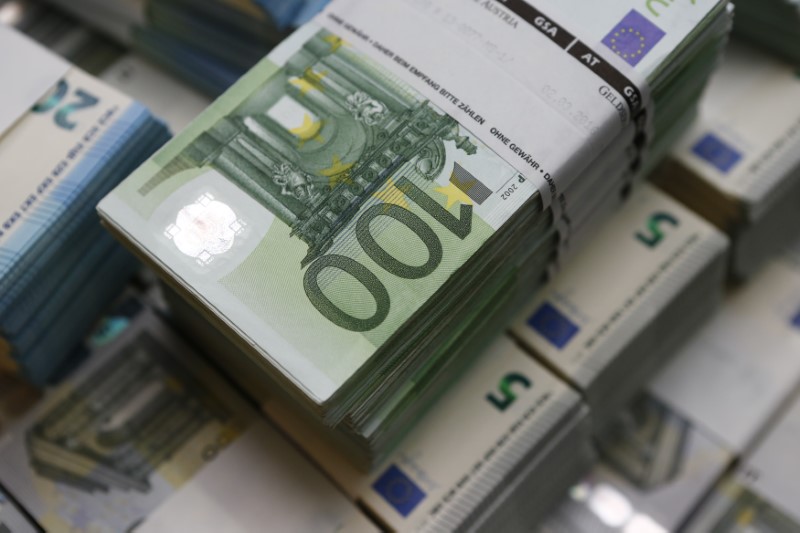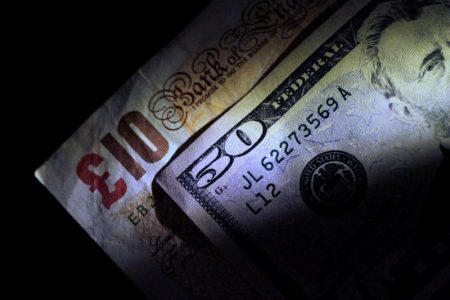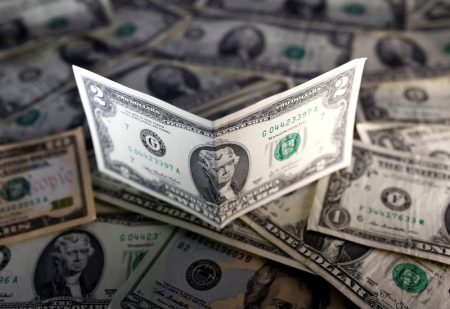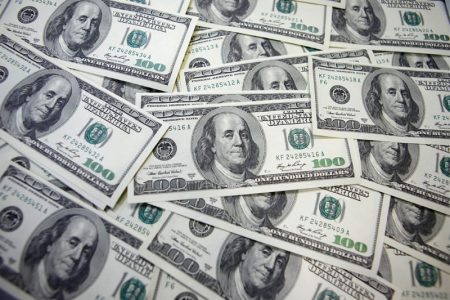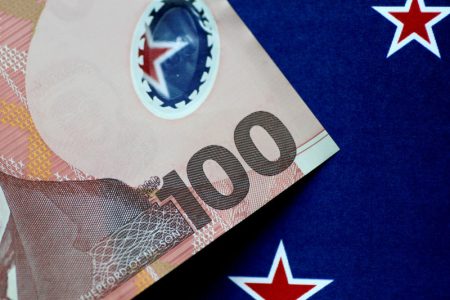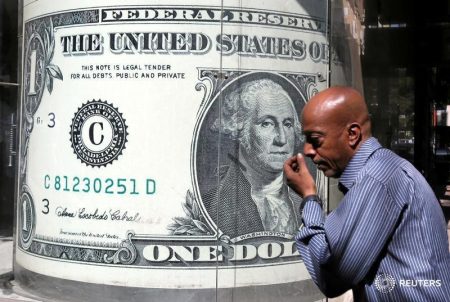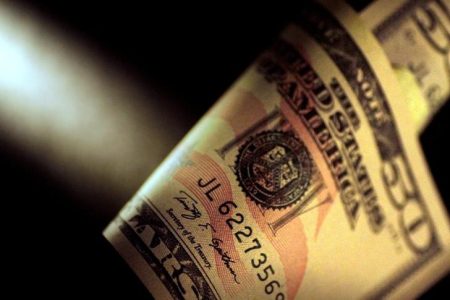The exchange rate climbed to €1.1453 today, bolstered by hawkish comments from Bank of England (BoE) officials during a UK Treasury committee session. Governor Andrew Bailey and Deputy Governor Dave Ramsden discussed measures to combat persistent service inflation, targeting a strict 2% goal. The Pound’s strength was further supported by the UK’s public borrowing falling £16.9 billion short of the Office for Budget Responsibility (OBR) forecasts, suggesting potential tax reductions from Chancellor Jeremy Hunt to stimulate economic growth.
In contrast, the Euro weakened as traders shifted towards riskier assets and began pricing in expected interest rate cuts from the European Central Bank (ECB) by mid-2024 amid signs of cooling inflation and a slowing Eurozone economy. The Euro’s decline also reflects its negative correlation with the underperforming US dollar.
Adding to the Euro’s woes, it experienced a significant drop just above the 0.8700 handle against the Pound following further hawkish insights from BoE members about potential interest rate hikes in response to high inflation expectations. BoE’s Jonathan Haskel indicated that current Consumer Price Index (CPI) data might not accurately capture the actual inflationary trends.
Looking ahead, market participants are anticipating a slight improvement in November’s EU Consumer Confidence index from -17.9 to -17.6, with attention turning to upcoming Purchasing Managers’ Index (PMI) announcements. Forecasts suggest a modest increase in the EU’s High-frequency Composite Output PMI (HCOB Composite PMI) to nearly 46.9, while expectations for the UK S&P Global/CIPS Composite PMI remain unchanged at around 48.7, barring unexpected manufacturing sector data.
This article was generated with the support of AI and reviewed by an editor. For more information see our T&C.
Read the full article here





